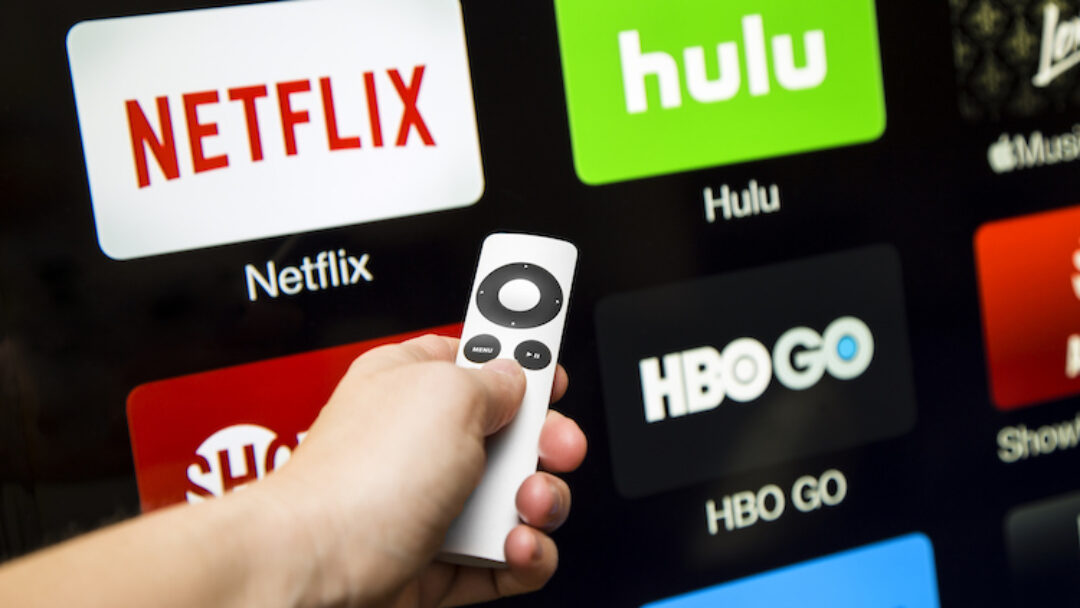According to reports, Hulu has also joined the ranks of streaming companies such as Netflix and Disney+ in taking measures against password sharing. This move comes amidst a writers’ strike and the company’s decision to increase its prices. The ban on shared accounts outside of individual households is now in effect.
On January 31, Hulu sent an email to its customers informing them that it will be making changes to its subscriber agreement. As per the updated agreement, subscribers are not allowed to share their subscription with anyone outside of their household, unless explicitly permitted by their service tier.
According to Hulu’s statement, they will conduct an analysis of each account to ensure compliance with the updated changes. The company is also actively considering ways to manage and adapt to these changes.
According to the company, there is a little over a month left for users to prepare for the implementation of the new policy on March 14.
Experts in the field believe the decision is not unexpected as it aligns with the actions of other major streaming services. In this time period, large corporations are focused on increasing their profits through streaming. It is likely that they are exploring various strategies to combat password sharing.
Individuals on social media have expressed the decision has caused frustration as they believe that streaming services are becoming similar to cable.
According to some sources, the decision to cut costs was not surprising, as Disney, the parent company of Hulu, had previously announced plans to address the issue of password sharing and implement similar user agreements for their streaming service Disney+.
Netflix experienced significant growth following its implementation of a password-sharing crackdown in 2020. Within a span of six months, the streaming service gained approximately 22 million new subscribers, bringing its total paid subscribers to 260 million and generating revenue of nearly $9 billion.








